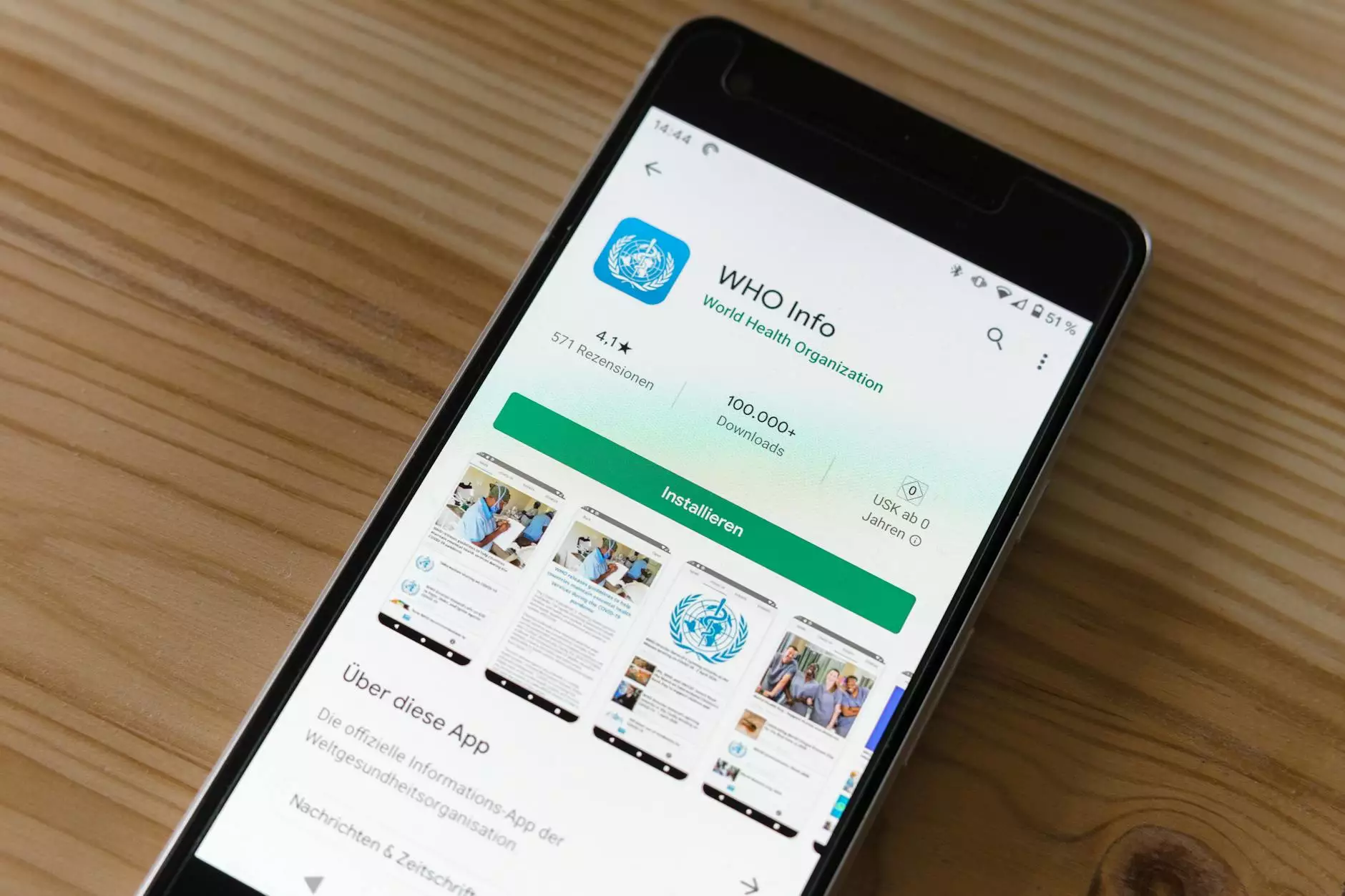Useful Ways for Mobile App Validation Idea
Blog
The Importance of Mobile App Validation
In today's digital age, mobile applications have become an integral part of our lives. With millions of apps available in various app stores, it is crucial for businesses to validate their mobile app ideas before investing significant time and resources into development. Mobile app validation helps to ensure that your app idea is viable, marketable, and capable of meeting the needs and expectations of your target audience.
1. Conducting Extensive Market Research
One of the first steps in mobile app validation is conducting thorough market research. This involves gathering information about your target audience, competitors, and industry trends. By analyzing user preferences, needs, and pain points, you can identify potential gaps in the market that your app could fill. Understanding your competitors' strengths and weaknesses will give you a competitive advantage, allowing you to position your app effectively.
2. Defining App Objectives and Goals
Before embarking on mobile app development, it is crucial to clearly define your app's objectives and goals. This includes determining the problem your app will solve, the unique value it will offer, and the specific features and functionalities it will have. By outlining these aspects, you can align your app development efforts with your business objectives, ensuring that your app serves a purpose and drives tangible results.
3. Developing a Prototype
A prototype serves as a preliminary version of your app, allowing you to visualize and test its core features and functionalities. Developing a prototype helps you gather valuable feedback from potential users and stakeholders, enabling you to make necessary improvements and validate your app concept. Tools such as wireframing and mockup software can assist you in creating an interactive prototype that mirrors the final product.
4. Conducting User Interviews and Surveys
To gain deeper insights into user preferences and expectations, conducting user interviews and surveys can be immensely valuable. By directly engaging with your target audience, you can gather feedback on their pain points, desires, and expectations related to your app idea. This feedback will help you refine your app concept, tailor its features to user needs, and enhance the overall user experience.
5. Analyzing Beta Testing Results
Once you have developed a functional version of your app, conducting extensive beta testing is essential. Beta testing involves releasing your app to a select group of users who will provide feedback on its usability, performance, and overall experience. Analyzing these results will help you identify and resolve any bugs, glitches, or UX issues, ensuring that your app delivers a seamless user experience upon its official launch.
6. Implementing App Analytics
App analytics provide valuable insights into user behavior, engagement, and conversion rates. By implementing analytics tools, you can track important metrics such as user retention, session duration, and conversion funnels. These insights will help you understand how users interact with your app, allowing you to make data-driven decisions to optimize its performance and maximize its effectiveness.
Conclusion
Effective mobile app validation is crucial for ensuring the success of your app and outperforming your competitors. By conducting extensive market research, defining clear objectives, developing prototypes, engaging with users, analyzing beta testing results, and implementing app analytics, you can validate your app idea and position it for success in the highly competitive app market. Trust CI Advertising, a leading expert in business and consumer services marketing and advertising, to guide you through the mobile app validation process and help you achieve your goals.




